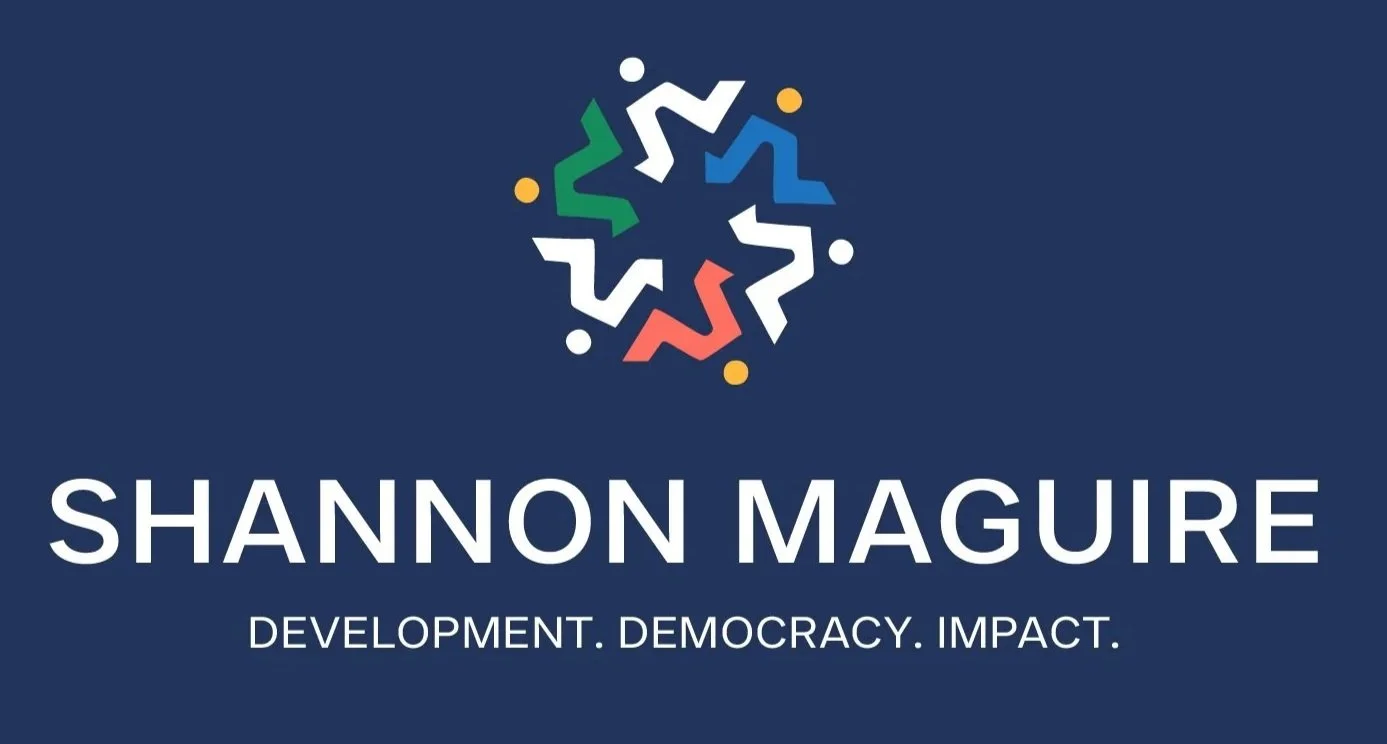Empowering Independent Media, Inaugural Report
Year: 2008 | Publication: Center for International Media Assistance
Following the Cold War, as international aid increasingly focused on democracy building and good governance, nurturing independent media outlets was widely embraced as a key component in democratic development. Media assistance in the 1990s concentrated on the former Soviet Union and on Eastern Europe, particularly the Balkan states. While the 9/11 attacks resulted in a shift in focus to the Muslim world, media development programs have also made inroads in other regions, ranging from community radio projects in Africa to investigative journalism training in Latin America.
Scholars and other experts have increasingly recognized the role of independent media in fostering democracy and development. A free media has the ability to impact a number of critical areas in a given society—education, government accountability, health practices, empowerment of women and minorities, the economy, and more. Independent media projects, however, face numerous obstacles. Among the challenges: insufficient funding, unstable legal environments, lack of donor coordination, and problems in sustainability and evaluation.
Although lessons are drawn from media development globally, this report’s focus, given the mandate of the Center for International Media Assistance (CIMA), is on U.S. efforts. It examines eight areas deemed essential to the success of independent media assistance: funding, professional development, higher education, the legal-enabling environment, sustainability, media literacy, new media, and monitoring and evaluation.


